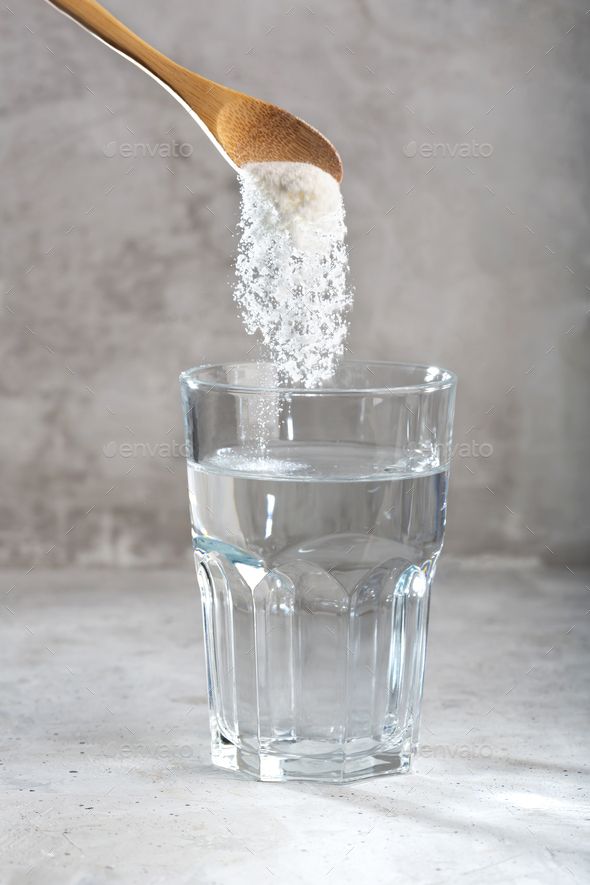If you suffer from histamine intolerance or have experienced unexplained allergic-like reactions after certain foods or supplements, you’ve probably become more careful with your choices. Among the rising popularity of collagen supplements, a common question is: is marine collagen low histamine?
For people with histamine sensitivity, every ingredient matters. And while marine collagen offers incredible benefits for skin, hair, and joints, understanding how it interacts with histamine levels is key to using it safely and effectively.
Understanding Histamine and Its Role in the Body
Histamine is a natural chemical involved in immune responses, digestion, and neurotransmission. However, when histamine builds up due to poor breakdown or increased intake from food/supplements, it can trigger uncomfortable symptoms like:
- ❌ Headaches
- ❌ Itchy skin or hives
- ❌ Digestive issues
- ❌ Flushing
- ❌ Fatigue or anxiety
That’s why people with histamine intolerance must be extra cautious, especially with aged, fermented, or processed products — and even certain supplements.
Where Does Marine Collagen Fit In?
Marine collagen is typically made from fish skin or scales — both animal-based protein sources that can contribute to histamine load depending on how they are processed.
So, is marine collagen automatically high in histamine? Not necessarily.
Key factors that determine histamine levels in marine collagen:
- Source freshness – Fresh, wild-caught fish results in lower histamine
- Processing method – Fast, cold processing preserves quality and minimizes histamine release
- Additives or preservatives – Clean formulas without fillers are safer for sensitive individuals
- Testing and purity – Brands that perform third-party testing for purity offer greater peace of mind
How to Choose a Low-Histamine Marine Collagen
If you’re histamine-sensitive and still want to enjoy the benefits of marine collagen, the quality and production method matter more than anything.
Look for marine collagen that is:
- ✅ Sourced from fresh, non-farmed fish
- ✅ Cold-processed to prevent breakdown and fermentation
- ✅ Hydrolyzed for easier digestion and reduced allergen potential
- ✅ Free of added flavors, colors, or preservatives
- ✅ Lab-tested and certified free of common contaminants
Taking these steps can drastically reduce the risk of histamine reactions.
A Real-Life Perspective: Mia’s Story
Mia, a 29-year-old graphic designer, had always wanted to improve her skin and joint health naturally. “I tried a few collagen powders and always felt bloated and flushed afterward,” she explains. After working with a functional nutritionist, she realized her histamine sensitivity was the issue.
“I switched to a high-quality, marine-based collagen that was hydrolyzed and clean. I’ve had no issues since — and my skin is finally glowing.”
Her story is proof that for histamine-sensitive individuals, the right collagen source can make all the difference.
The Bottom Line
So, is marine collagen low histamine? The answer is: it can be, depending on how it’s sourced and processed. While marine collagen is not automatically high in histamine, poor-quality or overly processed forms may trigger reactions in sensitive users.
If you’re cautious about histamine but still want to support your skin, joints, and hair from within, choose a trusted, clean-label brand that prioritizes freshness, purity, and third-party testing — like BioOptimal Supplements, where every product is formulated with both effectiveness and sensitivity in mind.








